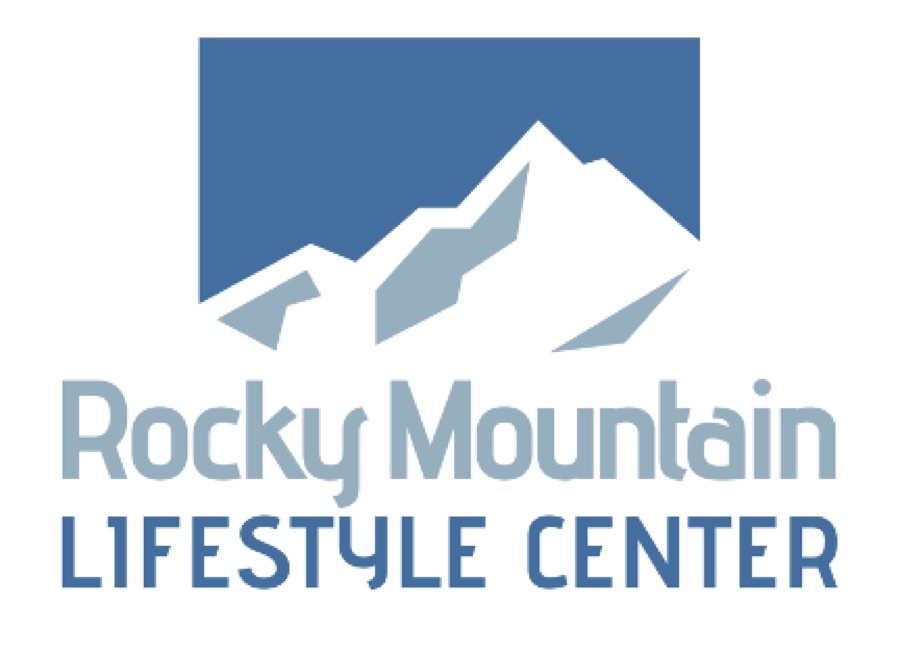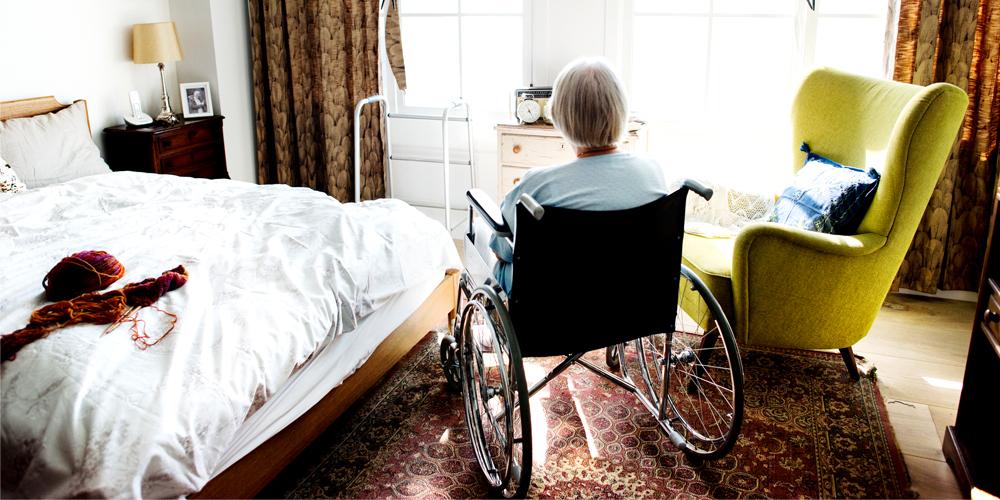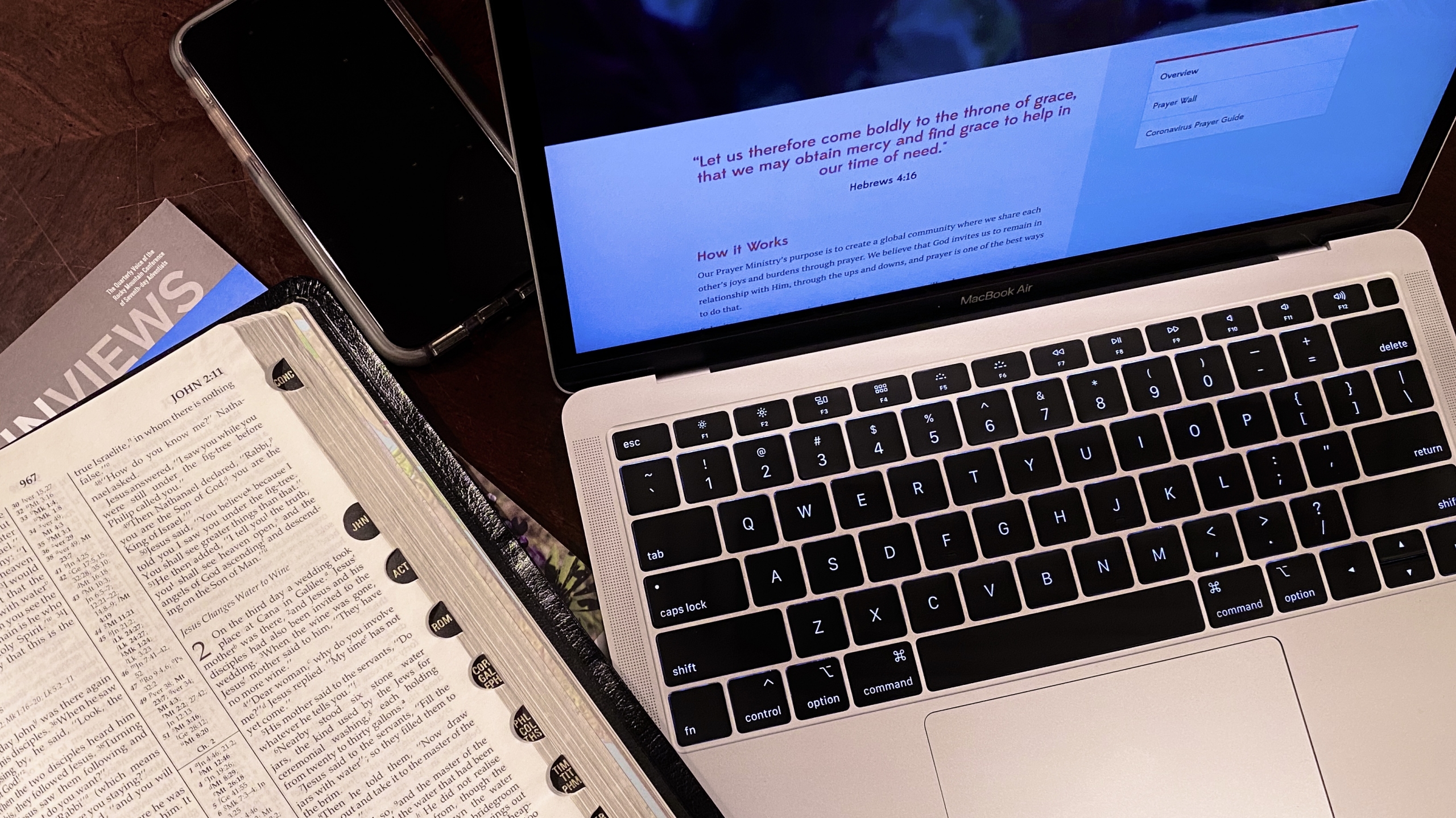By: Edyta Jankiewicz, for Adventist Record
This week, as I read news articles and had conversations about the challenges families are facing during the COVID-19 crisis, a concern that many shared is how to survive social distancing/self-isolation with young children. These articles and conversations have reminded me of the time when our family served as missionaries in Fiji.
When we first moved to Fiji, our daughters were just three and five years old, respectively, and I had undertaken to homeschool them. Aside from the social isolation of homeschooling in a foreign country, we also faced the isolation brought on by the rainy season, which sometimes kept us indoors for weeks and even months at a time. Here are some things I learned then that your family might find helpful now.
Start and Finish Your Day with God
Each morning, give thanks for all that is good in your life; read passages of Scripture that help calm your anxiety; and then ask God to give you all that you need — love, joy, peace, patience, kindness, goodness, gentleness, and self-control (Galatians 5:22, 23) — so that you can be the parent your children need.
Ask God also to help you remember to seize those moments when you fail as an opportunity for your family to learn about His amazing grace. Children don’t need a perfect parent. Instead, they need a parent who models humility by being willing to apologize and who models grace by offering and receiving forgiveness.
Each evening, reflect on your day and identify the moments when you experienced God’s presence; thank Him for those moments and for the things that went well; ask forgiveness for the things that didn’t go so well. Ask Him to give your children all that they need to grow in their experience of being loved unconditionally by their heavenly Father; and then ask Him to help you learn from your failures, to give grace to yourself, and then to move on.
I have often found comfort in these words: “We shall often have to bow down and weep at the feet of Jesus because of our shortcomings and mistakes, but we are not to be discouraged” (Ellen G. White, Manuscript 31, 1890).
Teach Your Children How to Connect with God
In times of fear and anxiety, children need parents to not just model their faith in God but also to help them connect with His providence in meaningful, age-appropriate ways. Here are some ideas on how to do this.
In early childhood (age 2-6)
Take your children on a quiet nature walk, asking them to keep their eyes and ears open and their mouths closed. Later, talk about what they saw and heard, reminding them of God as Creator. They can also look for an object while out walking that reminds them of God’s providence and then draw this object as a way of imprinting this lesson in their minds.
Play quiet sacred music, asking them to be still and listen. Then ask them what they heard, and talk about how the song described God as provider and protector.
Read simple Bible stories that focus on the love of God, connecting God’s love with yours. Then encourage children to respond to the story by memorizing a short phrase, drawing a picture, creating something with modeling clay, or dictating a thank-you note to God.
In middle childhood (age 6-12)
Continue with the activities of early childhood but add Scripture memorizing. Choose Bible verses that speak to fear and anxiety, and help children think about how the verse applies to their feelings. Encourage them to memorize and write the verse and put it in their pocket, and to pull it out and read it when they feel afraid.
In later childhood and adolescence (13+)
By age 12 or 13, children begin to think about God and spirituality differently. Their task for this stage of development is to find God for themselves, which means they need to put what their parents taught them on a shelf for a little while. What they need from us as parents is that we understand the journey they are on and that we come alongside them in support. They need to see our faith as authentic — that it makes a difference in our lives, even in times of fear and stress, and that it provides meaning — that our faith offers answers to the difficult questions of life.
So what can we do?
Intentionally spend quiet time together. Pre-teens and young teens crave alone time with an adult. Go for a walk together in the early morning or evening, contemplating the dawn or the stars and listening for sounds, and reflect on God as Creator. These quiet times are also an opportunity to share something from your devotional time that morning.
Read small portions of Scripture together, slowly and reflectively, and talk about how they might apply to your children’s lives. Choose narrative passages that provide evidence of God’s providence in difficult times; Psalms that describe God’s sovereignty and goodness; and passages that speak directly to human fears and anxieties, such as Philippians 4:6-7.
Read biblical narrative/fictional stories together. If you’ve never read aloud to your children, or if you stopped when they learned to read for themselves, this time of social distancing may be an opportunity to begin a new family tradition that might continue for years to come. In our family, we read aloud while the girls worked quietly on crafts, drawing, and painting.
Show respect by listening, rather than continually preaching and correcting. Have the humility to believe that you can learn from, rather than just teach, your children. And share some of your own struggles, in age-appropriate ways, so that your children can see how your faith intersects with the challenges of life. These types of conversations can have a lifelong impact on your children, so try to see this time of enforced confinement as an opportunity to practice having these conversations.
Structure Your Day Around Predictable Routines
Children (and adults!) thrive on routines, as they provide a sense of stability and security in times when things feel out of control. While a strict schedule is not necessary, having somewhat regular times for rising, worship, meals, schoolwork, outdoor play, story time, and bedtime provides structure so that children can anticipate what is coming next and what is expected of them.
One routine I found particularly helpful is what we called “rest time.” When our children stopped napping during the day, we helped them learn to have quiet time in their rooms. This allowed us to rest and helped them learn to have some downtime and to play alone. Initially, they had special toys, puzzles, and activities for their rest times; however, as they got a little older, this was no longer necessary, as this was when they listened to recorded stories and they looked forward to it.
If you look online, you will find many suggestions for keeping children engaged and occupied, some of which you might enjoy and some of which you might loathe. I loved reading to our children, and I enjoyed simple crafts, but I hated science experiments, I didn’t love board games, and I got lost in attempts to be consistent with anything that required charts and stickers. You might be the exact opposite of me, so do what you’re good at and what you enjoy. But whatever routines you decide on, be sure to include some outdoor exercise once or twice a day, which will help your children be more calm; and keep your habits at least somewhat predictable, as this will help your children feel safer and more secure during a difficult time.
Remember, This Too Shall Pass
When we were first asked to serve in Fiji, I was ambivalent about the move. I was anxious about raising our children in a different country, so far from extended family, and I was ambivalent about homeschooling. Now that our children are grown and I am older, I consider those years in Fiji as the summer of my life, and I give thanks to God for the slow pace and the many hours of family time, which ultimately shaped the family we have become.
The original version of this commentary was posted by Adventist Record.
“This article was originally published on AdventistReview.org“










